
The Versatility of Polyvinyl Alcohol
Polyvinyl alcohol (PVA) is an incredibly versatile and widely used polymer in various industries. Known for its unique properties, it plays a critical role in textiles, manufacturing, and even cosmetics. This article will delve into the numerous polyvinyl alcohol uses in textile, the polyvinyl alcohol manufacturing process, its safety for skin, its pricing, and key polyvinyl alcohol manufacturers. Understanding these factors can help businesses and consumers make informed decisions when choosing PVA for different applications.
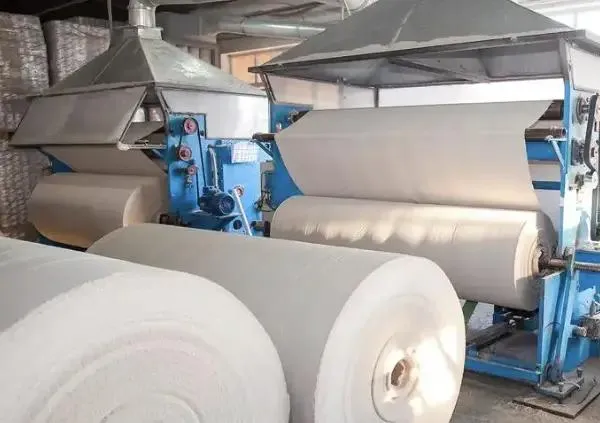
Polyvinyl Alcohol Uses in Textile
One of the most significant applications of polyvinyl alcohol is in the textile industry, where it serves various functions to improve the quality and durability of fabrics. Polyvinyl alcohol uses in textile are wide-ranging, as it is often used as a sizing agent, thickener, and finishing agent for fabrics. This polymer's excellent water solubility and film-forming properties make it ideal for enhancing the strength, smoothness, and overall finish of textiles.
When used as a sizing agent, polyvinyl alcohol uses in textile help to protect fibers during weaving, making the fabric stronger and more resistant to damage. It is also used as a thickener in textile coatings, ensuring that fabrics maintain their desired texture and finish after treatment. Moreover, polyvinyl alcohol uses in textile are not limited to traditional fabrics; it is also commonly used in the production of synthetic and blended fibers, enhancing their performance and appearance.
This versatility has made PVA indispensable in the textile industry, where high-quality, durable, and aesthetic materials are critical. By applying polyvinyl alcohol in textile production, manufacturers can achieve superior products that meet the demanding standards of the modern textile market.
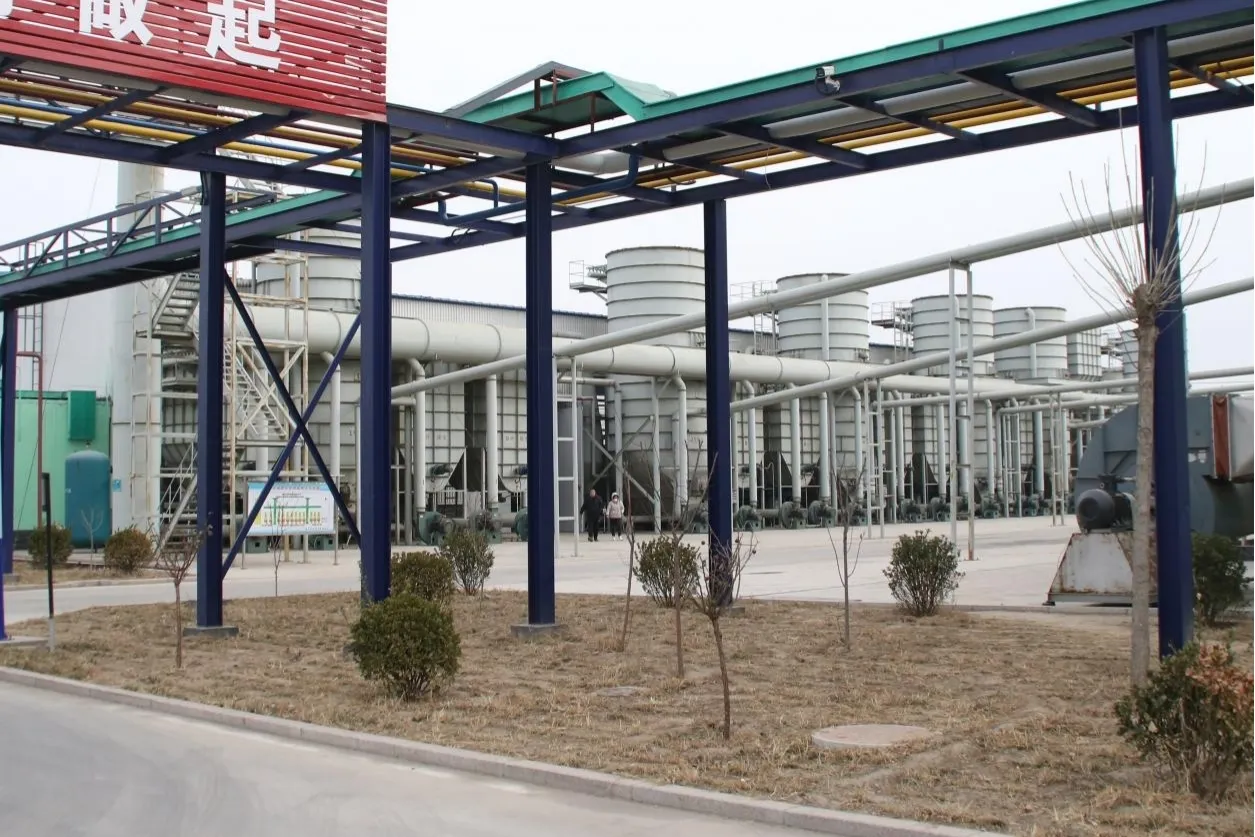
Polyvinyl Alcohol Manufacturing Process
ਦ polyvinyl alcohol manufacturing process is a critical factor in determining the quality and properties of the final product. The production of PVA generally involves the polymerization of vinyl acetate monomer (VAM) to form polyvinyl acetate (PVAc), followed by hydrolysis, which converts the PVAc into polyvinyl alcohol.
ਦ polyvinyl alcohol manufacturing process begins with the polymerization of vinyl acetate in the presence of an initiator, which leads to the formation of a long-chain polyvinyl acetate polymer. This process is typically done using a suspension or emulsion polymerization method. Once the polyvinyl acetate is formed, it undergoes hydrolysis, which breaks down the ester groups in the polymer chain to produce polyvinyl alcohol. The degree of hydrolysis (how much of the ester group is converted) and the molecular weight of the resulting polymer can be adjusted during the process to meet specific requirements for different applications.
Manufacturers often tweak the polyvinyl alcohol manufacturing process to optimize properties like solubility, strength, and viscosity, which can then be tailored to various industries, from textiles to pharmaceuticals. The level of hydrolysis and molecular weight determines whether PVA will have a high or low solubility, making it adaptable for use in a wide range of applications.
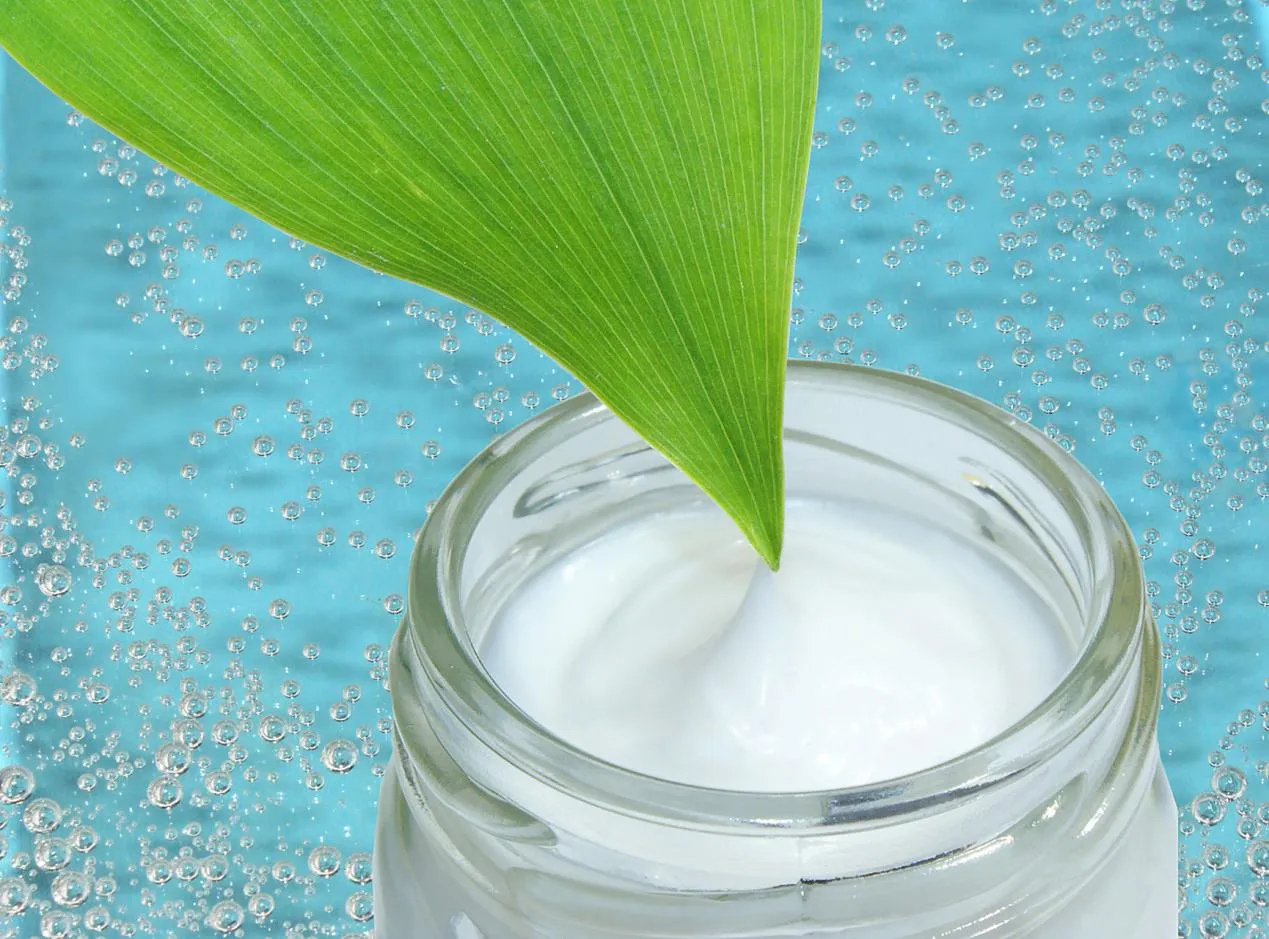
Is Polyvinyl Alcohol Safe for Skin?
An essential concern when using any chemical product, including ਪੌਲੀਵਿਨਾਇਲ ਅਲਕੋਹਲ, is its safety, particularly for personal care and cosmetic applications. So, is polyvinyl alcohol safe for skin? The answer is generally yes, and polyvinyl alcohol is considered safe for skin contact when used appropriately. It is used in many skincare products, including facial masks, moisturizers, and hair treatments, due to its gentle properties and ability to form a protective film on the skin.
Polyvinyl alcohol is non-toxic, non-irritating, and has a low risk of skin absorption, making it a safe ingredient for various skin care applications. It can even be used in products designed for sensitive skin types. Moreover, ਪੌਲੀਵਿਨਾਇਲ ਅਲਕੋਹਲ has the ability to retain moisture and improve the texture of the skin, providing additional benefits in cosmetic formulations. For these reasons, polyvinyl alcohol safe for skin is a widely accepted compound in the cosmetic industry.
However, as with any product, it’s essential to ensure that the product is used according to the manufacturer's recommendations. While polyvinyl alcohol is safe for most skin types, individual sensitivities may still exist. Therefore, it is always advisable to conduct a patch test before applying new products, especially for individuals with sensitive skin.
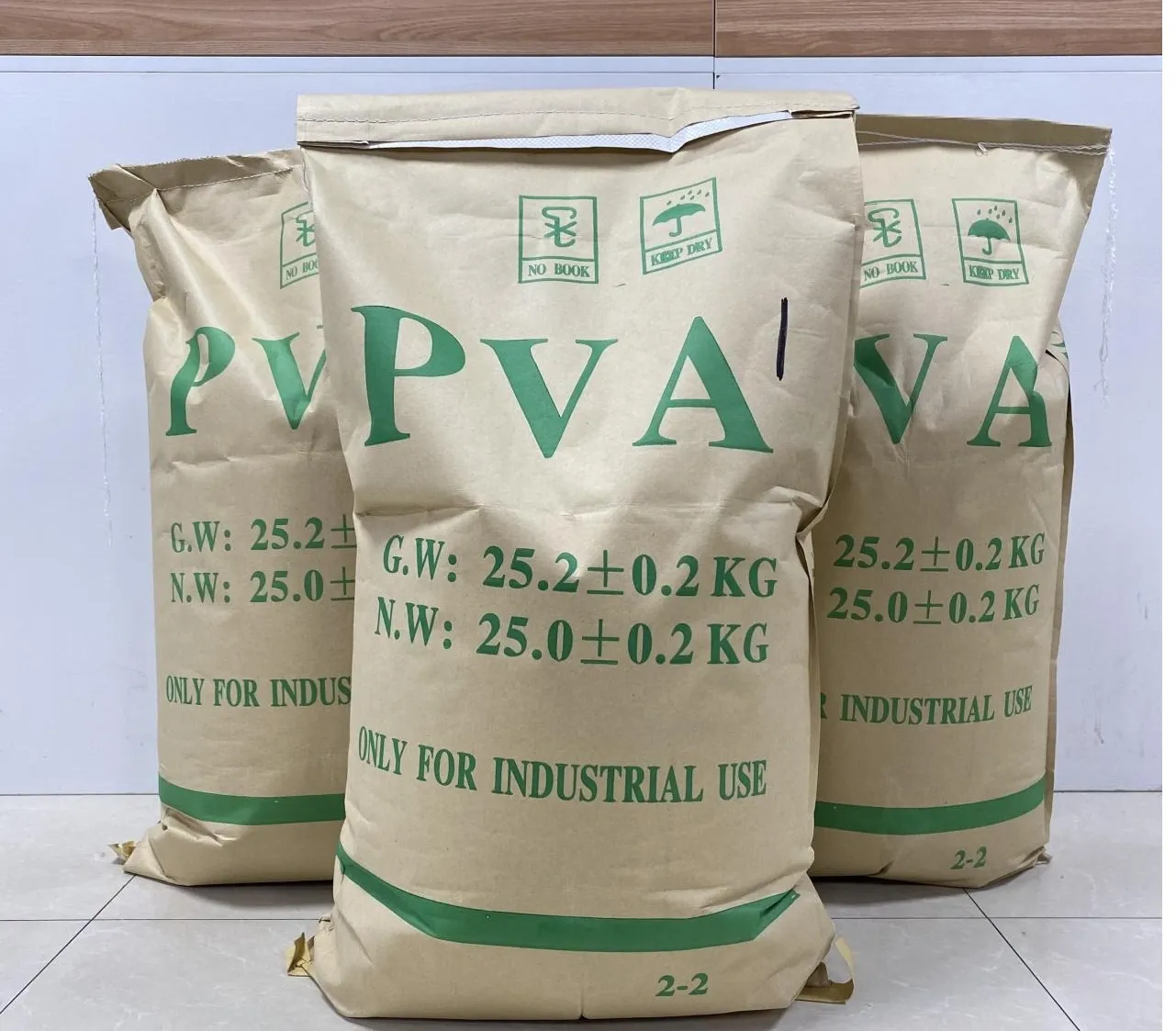
Polyvinyl Alcohol Price
ਦ polyvinyl alcohol price can vary depending on factors like grade, purity, and quantity. Generally, polyvinyl alcohol price is relatively affordable, making it an attractive option for industries that require large quantities of polymers, such as textiles and coatings. The cost is influenced by the manufacturing process, the level of hydrolysis, and the intended application of the polymer.
For instance, polyvinyl alcohol price may be higher for higher grades or specific formulations intended for specialized uses, such as in pharmaceutical or cosmetic applications. Bulk purchasing can also influence the price, as manufacturers offer discounts for large-scale orders. It is important to consider that while the upfront cost of PVA may seem high, its versatility and long-term performance benefits can make it a cost-effective option in the right application.
For businesses and manufacturers, understanding the market dynamics of polyvinyl alcohol price is essential to budgeting and supply chain planning. Comparing prices from various suppliers can also help businesses find the most competitive rates for the volume they require.
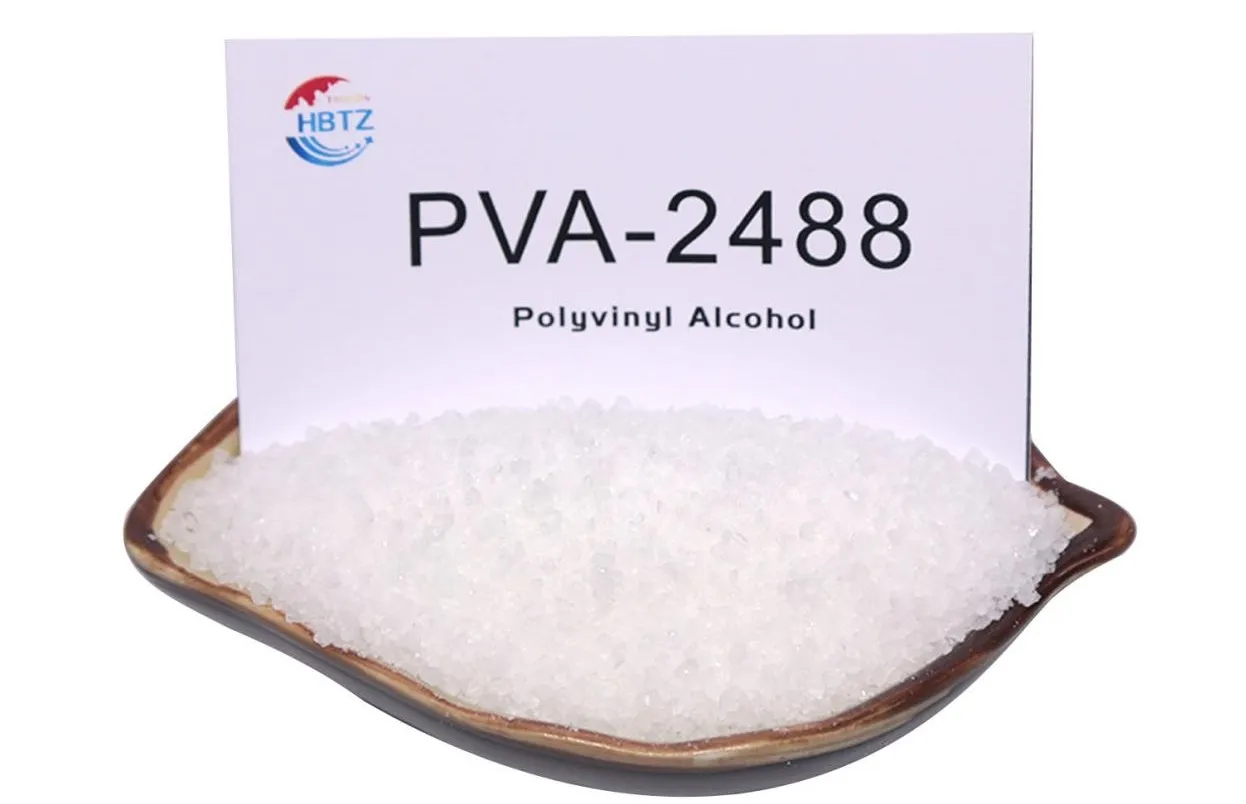
Polyvinyl Alcohol Manufacturers
With growing demand for ਪੌਲੀਵਿਨਾਇਲ ਅਲਕੋਹਲ, the number of polyvinyl alcohol manufacturers around the world has increased. These manufacturers produce PVA in various grades, each tailored to different industries and applications. Leading polyvinyl alcohol manufacturers include large multinational chemical companies as well as smaller, specialized producers who focus on certain sectors such as textiles, cosmetics, and pharmaceuticals.
When selecting polyvinyl alcohol manufacturers, it’s essential to choose a reputable supplier that produces high-quality products that meet industry standards. Reliable manufacturers provide consistent quality, timely delivery, and the ability to customize PVA formulations to suit specific needs. The global nature of the PVA industry means that there are many options available, from local suppliers to international brands, each offering unique features, such as eco-friendly production processes or innovative PVA formulations.
Consumers looking to purchase PVA in large quantities or specialized grades should consider working directly with polyvinyl alcohol manufacturers to ensure a steady supply of the material. Building a relationship with a trusted supplier can help ensure consistent quality and avoid disruptions in production.
Polyvinyl Alcohol Manufacturing Process FAQs
What are the common polyvinyl alcohol uses in textile?
Polyvinyl alcohol is used in textiles as a sizing agent, thickener, and finishing agent to enhance fabric strength, smoothness, and durability.
What is the polyvinyl alcohol manufacturing process?
ਦ polyvinyl alcohol manufacturing process involves polymerizing vinyl acetate to form polyvinyl acetate, which is then hydrolyzed to create polyvinyl alcohol.
Is polyvinyl alcohol safe for skin?
Yes, ਪੌਲੀਵਿਨਾਇਲ ਅਲਕੋਹਲ is considered safe for skin when used in appropriate concentrations and is commonly found in various skincare products.
How does the polyvinyl alcohol price compare across different grades?
ਦ polyvinyl alcohol price varies based on factors such as grade, purity, and quantity, with higher grades or specialized formulations generally costing more.
Who are the leading polyvinyl alcohol manufacturers?
Leading polyvinyl alcohol manufacturers include large multinational chemical companies and smaller specialized producers serving sectors such as textiles, cosmetics, and pharmaceuticals.
Polyvinyl alcohol’s wide range of applications, from polyvinyl alcohol uses in textile to polyvinyl alcohol manufacturing process, makes it an indispensable material across many industries. Whether it’s for enhancing fabric performance, improving skin care, or offering affordable solutions through competitive polyvinyl alcohol price, this polymer continues to be at the forefront of various commercial applications. As demand for high-quality PVA grows, collaborating with trusted polyvinyl alcohol manufacturers ensures access to the best products for diverse business needs.
-
Hydroxypropyl Starch as a Sustainable Construction AdditiveNewsNov.24,2025
-
The Gelation Properties of CMCNewsNov.21,2025
-
Redispersible Latex Powder and Water Retention CapacityNewsNov.21,2025
-
Dosage Control for Polycarboxylate Water ReducerNewsNov.21,2025
-
Film-Forming Properties of Polyvinyl AlcoholNewsNov.21,2025
-
The Function of Gypsum Additives in MortarNewsNov.21,2025





















